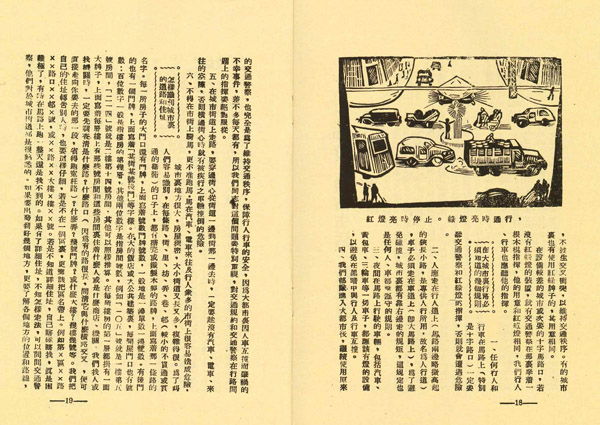Troops and the city


From managing and governing Shanghai, the Party accumulated urban experience, especially about the economy, which became the foundation of the country's financial policies and regulations.
Liu notes good management also relied on borrowing ideas from professionals and experts, and dealing tactfully with expats and people from different classes.
Liu says the strong personalities of Party members stand out in these historical accounts. And he tried to bring them to life with his words, while keeping them factual and precise.
The brochure was discovered during his research. More information about it and its extracts are seen in chapter one of Liu's book. His publishers, Shanghai People's Publishing House and Xuelin Press, also found the brochure at the Shanghai Library and reprinted copies of them to give out for free with the book at promotional events.
The book was released on Dec 26 and has since sold out. A reprint is in the pipeline. The publishers held a symposium on Feb 27 in Beijing to discuss the book from the perspective of writing on Party history.
"The book sets a nice beginning as we look back over the past 70 years to examine and summarize our gains and losses to make the future better," says Li Zhongjie, former deputy chief of the Party History Research Center of the CPC Central Committee.
Li says details of real-life stories have enhanced Liu's storytelling.
"The story in Shanghai tells the world the Party and the Chinese people will run their country well," Li says.
As chairman Mao Zedong once said: "We're not only good at breaking down an old world, we're also good at constructing a new world."
Contact the writer at [email protected]





































